Photography by Francois Dischinger. Brad Wilson, photographed at the Ace Hotel New York.
In 1927, the United Artists Theatre was born on a short stretch of downtown Los Angeles, one of a dozen ornate movie palaces built between 1910 and 1931 that beckoned a quickly expanding moviegoing public to the heart of the blossoming entertainment industry. By the end of the 20th century, however, the masses had long since fled to suburban multiplexes, and downtown's movie houses began to crack and sag. But the United Artists Theatre, a Spanish gothic structure that served time as an evangelical church in the 1990s (with a large neon jesus saves sign blaring out back), recently returned to its artistic roots. Last January, it was resurrected as The Theatre, a multi-arts film and performance venue, by a different kind of savior: the Ace Hotel. It may sound unlikely, but such a revival is consistent with the Ace mission.
"We don't think of ourselves as a hotel company," says Brad Wilson, president of the Ace Hotel Group. "We're more about creating community and a cultural venue. We express ourselves through our hotel, because it's a good platform."
The Theatre is yet another bold initiative by the trailblazing boutique chain, which launched with a modest 28-room hotel in Seattle in 1999 and now counts more than 1,000 rooms at seven properties worldwide. It's also a prime example of the company's unique winning formula: Find a singular building in a romantically run-down neighborhood, add smart historical research and local partnerships, mix in hip, cozy design, and -- voila! -- a cultural hot spot for the creative class.
On a chilly Friday in January, Wilson sits in the bustling lobby of the Ace Hotel New York, located in the middle of Manhattan. The area didn't even have a name until Ace came along. Now the rechristened NoMad district, former home of Tin Pan Alley and current home of wholesalers of costume jewelry and cheap perfume, is a beacon for new restaurants and start-ups. The large, dimly lit lobby -- part living room, part co-working space -- is aglow with a hundred computer and smartphone screens.
"This is so New York," Wilson says, beaming at the scene. "It's filled with an entrepreneurial spirit. I like the community in this space." Wilson joined the Ace four years ago. Before that, he'd had a stint with the W Hotels, co-founded the James hotel in Chicago, attended Cornell's prestigious hospitality school, and served as an elevator operator at Chicago's storied Drake Hotel. (Asked about the obvious parallel to Wes Anderson's The Grand Budapest Hotel, Wilson replies, "I've been both characters in my life," referencing the film's heroes: Zero, the lobby boy, and Monsieur Gustave, the hotel manager.)
At the concierge desk, staff warmly greet Wilson. He's clearly a familiar face, since the hotel is mere blocks from both the Ace's New York offices and his own apartment. Unlike the bright, uncluttered check-in areas of most other hotels, this one is shadowy and artfully cluttered with racks of stylish coats and shelves of leather goods, all part of the Ace's retail line, a significant component of its expanding brand (Wilson favors the custom Converse shoes; his husband, an architect, carries a sleek Ace briefcase to work). The Ace, after all, isn't just after a one-night stand with you; it's looking to build a relationship.
The Ace Hotel Downtown Los Angeles lobby with designs by the Haas Brothers
Relationship building is the raison d'etre of Atelier Ace, the lifestyle and creative-services arm of the hotel group, which consists of 50 "cultural engineers" -- a catchall that applies to account managers as well as art directors. It's a term coined by the Ace's magnetic founder, Alex Calderwood, who died in 2013 at the age of 47, and reflects his curious spirit and ceaseless drive. Kelly Sawdon, the company's chief brand officer and part of the Ace's original team, oversees Atelier Ace and its various partnerships and events -- from geek-chic "codeathons" with the Clinton Foundation to sexy fashion shows. She credits Calderwood's founding ethos with the company's continued success and echoes Wilson's sentiment that hotels are simply vessels for a greater purpose.
"We see hotels as a platform to celebrate other people who are talented, from retailers to DJs to promoters to people doing amazing things in food and beverages," Sawdon explains. "As we've grown, we've attracted like-minded people who are interested in a lot of things."
One such kindred spirit is L.A. Dance Project, a contemporary-dance collective founded in 2012 by, among others, Benjamin Millepied, a star choreographer and dancer (and Natalie Portman's hubby), and the producer Charles Fabius. The group set up shop downtown because it wanted to be part of the area's renaissance. When the Ace moved in, LADP reached out. After Calderwood attended a performance of the company in London, it was invited to become a resident company of The Theatre, sharing a calendar with the likes of Quentin Tarantino and Patti Smith. "It was a dream come true for us," Fabius says of the partnership. "We've benefited with a young, diverse audience that hadn't been to dance before."
But not every city can sustain a 1,600-seat theater, and what makes the Ace unique is its bespoke approach to projects. "Our biggest secret is spending a lot of time in the city," Wilson says. "It's a more natural process of osmosis. I think in the end that's why the hotels feel natural to their locations." Ace's newest property, a 50-plus-room hotel in the East Liberty section of Pittsburgh, opens this year, and as the Ace's latest muse, Pittsburgh has challenged the Atelier team to think outside the box. Sports, says Sawdon, "is in the DNA of that town," and a big question for that property is, "How do we incorporate athletics into our programming?"
Having an Ace move into the neighborhood confirms its trending status, so then larger companies take note and hope to capitalize. That, unfortunately, can undermine the gritty appeal that attracted the Ace folks in the first place. In a spacious room on the 10th floor of the Ace New York, Wilson gazes out a large bay window at a stately gray tower across the street. "That building is coming down, which is sad," he says, discussing the area's impending development.
Kitty-corner from the Ace, a 475-room, 38-story Virgin Hotel, looking like an Apple store on steroids (according to renderings), is set to open in 2017, bringing with it a harem of new retail. Wilson won't comment on his competitors, but he waxes philosophical on the preservation and legacy of cities.
"The truest form of being eco-centric would be to recycle our cities," he says. "We're not proponents of tearing down and then building towers -- that form of gentrification. Our approach is more reinventing the core of neighborhoods. For us, it's about celebrating what is there."


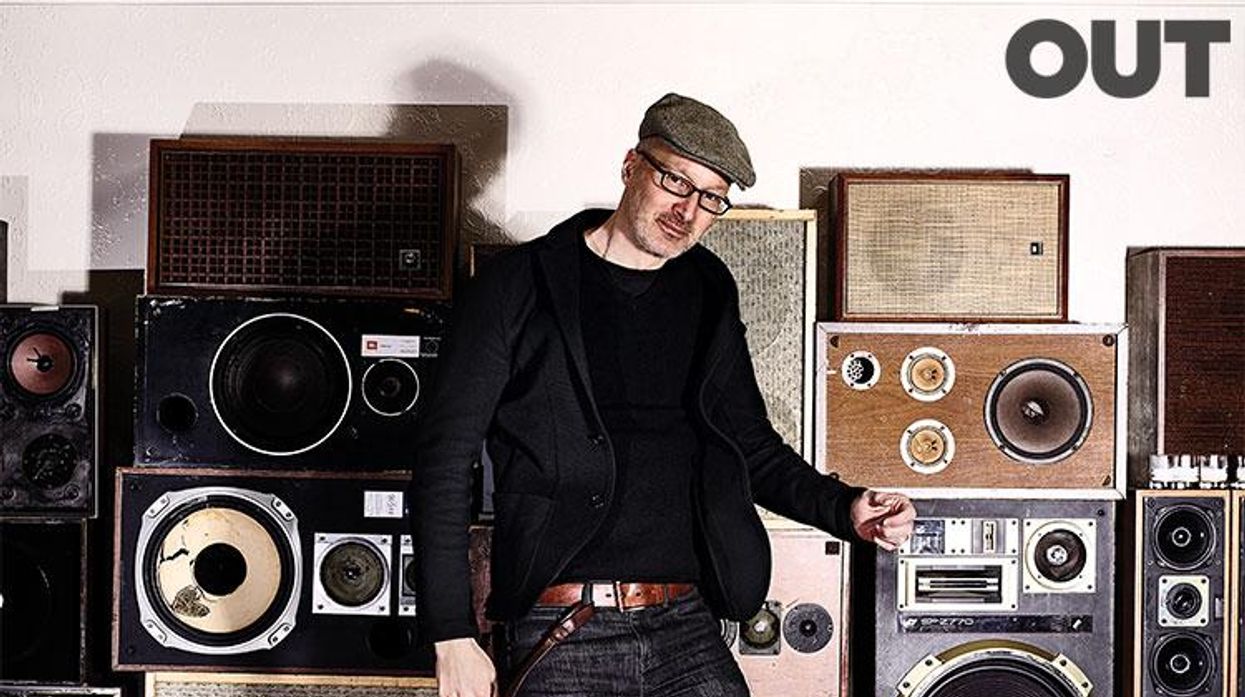
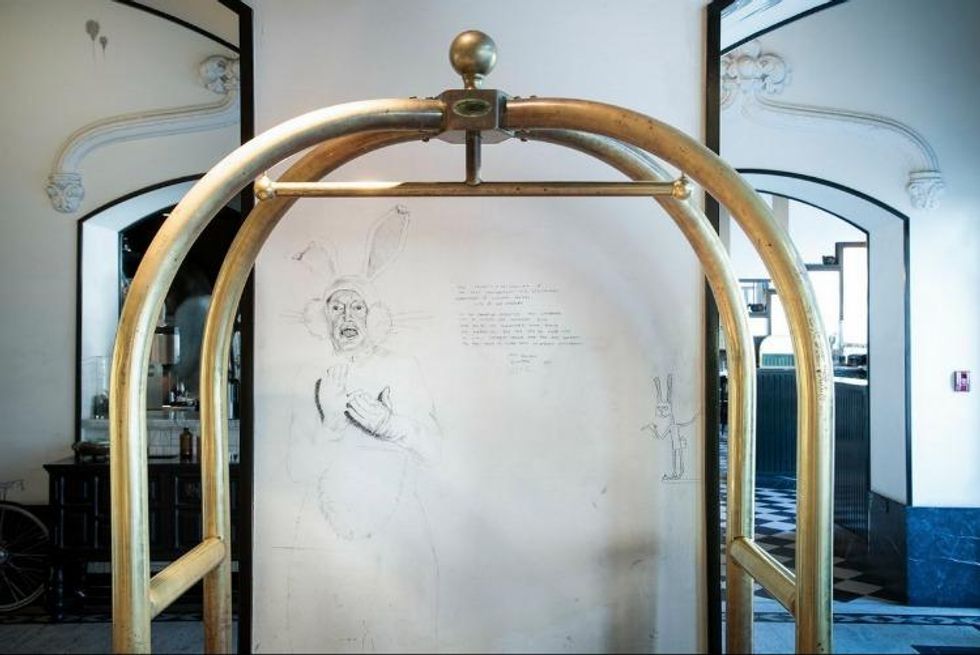


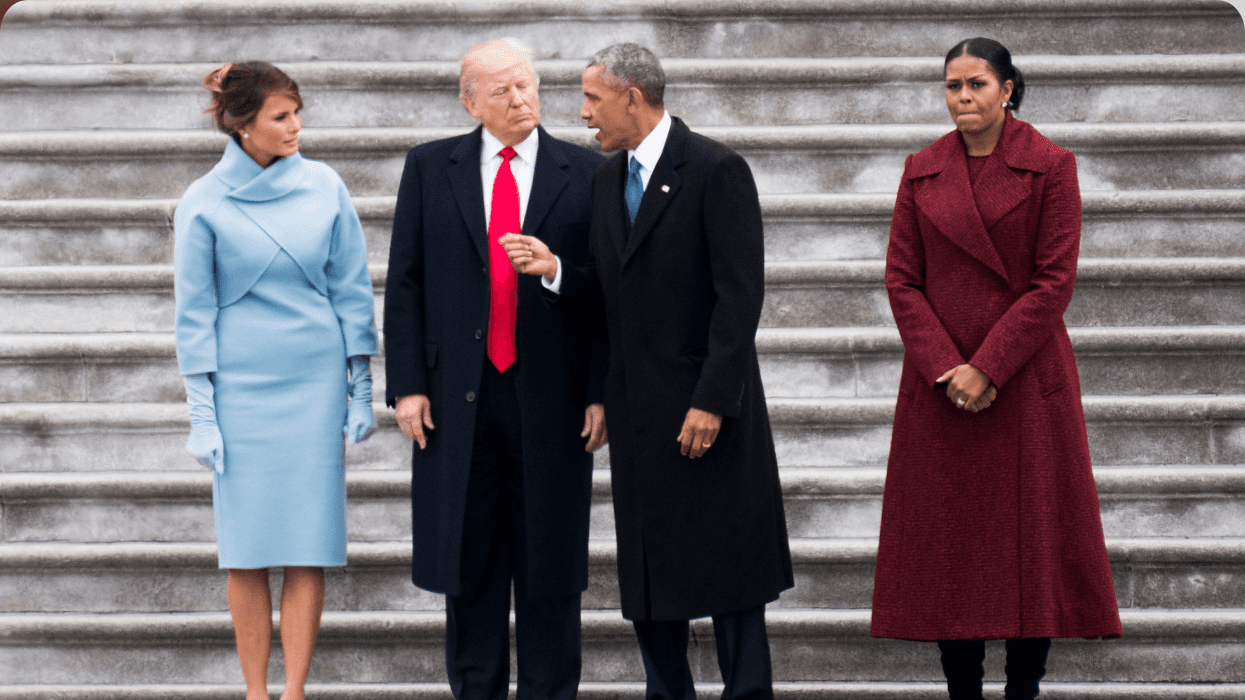
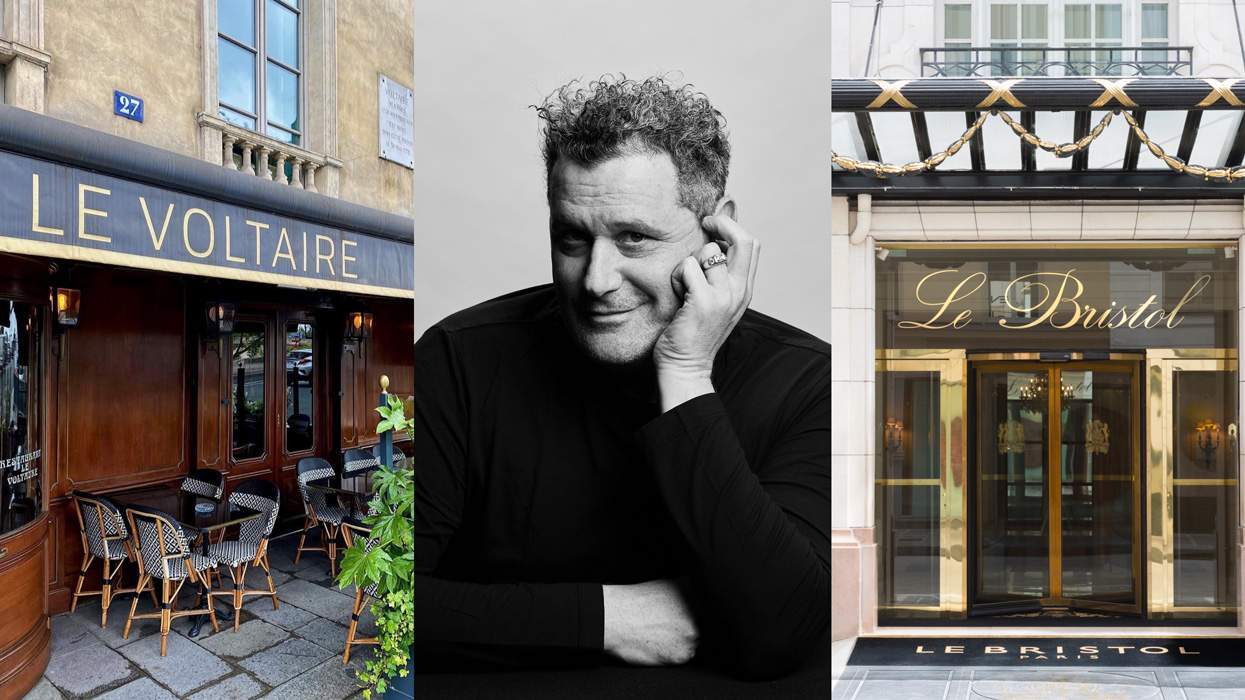

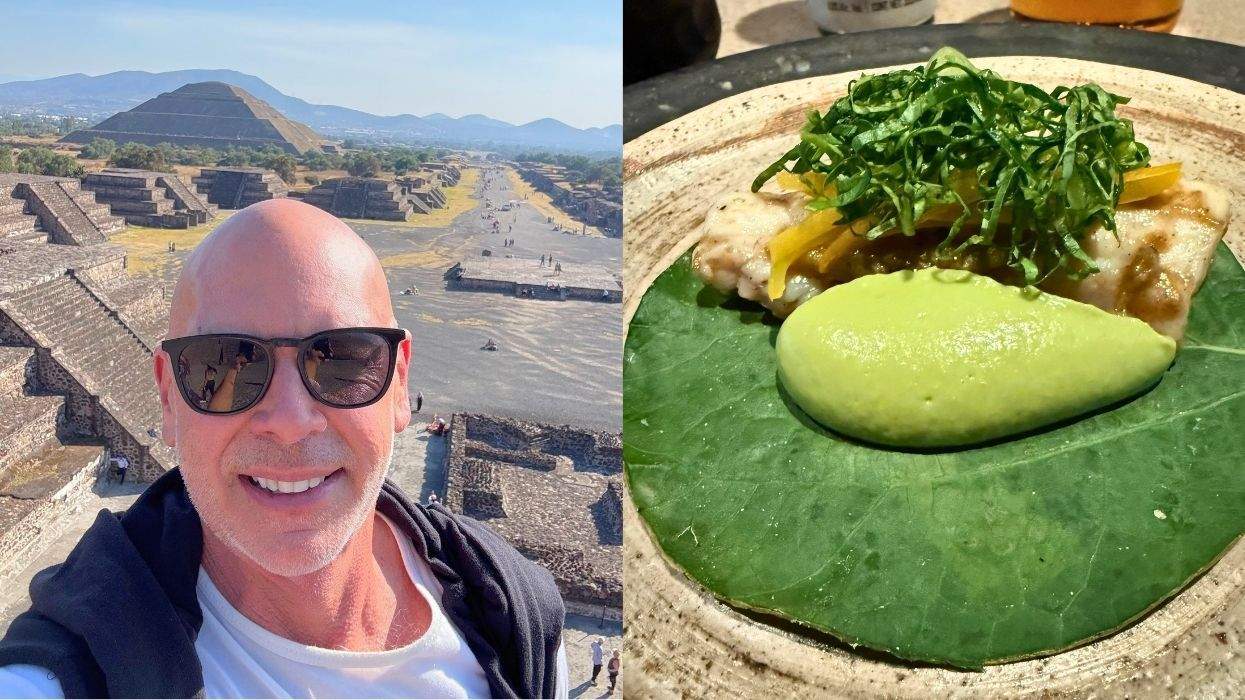












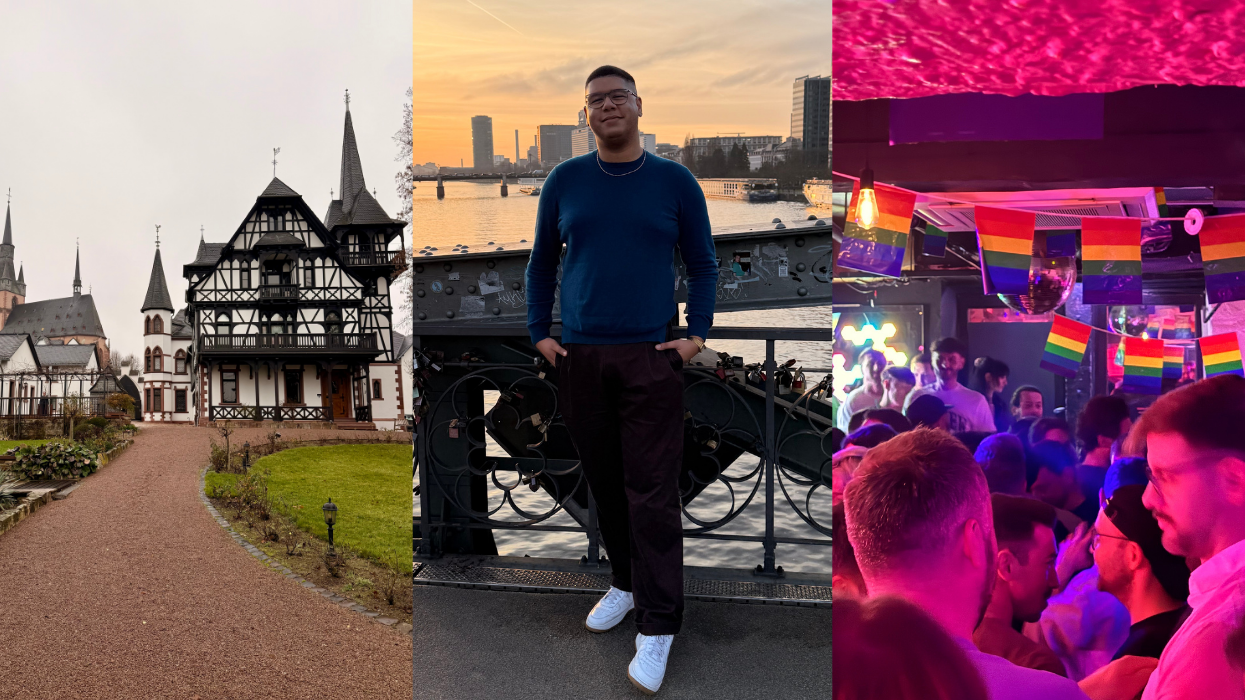

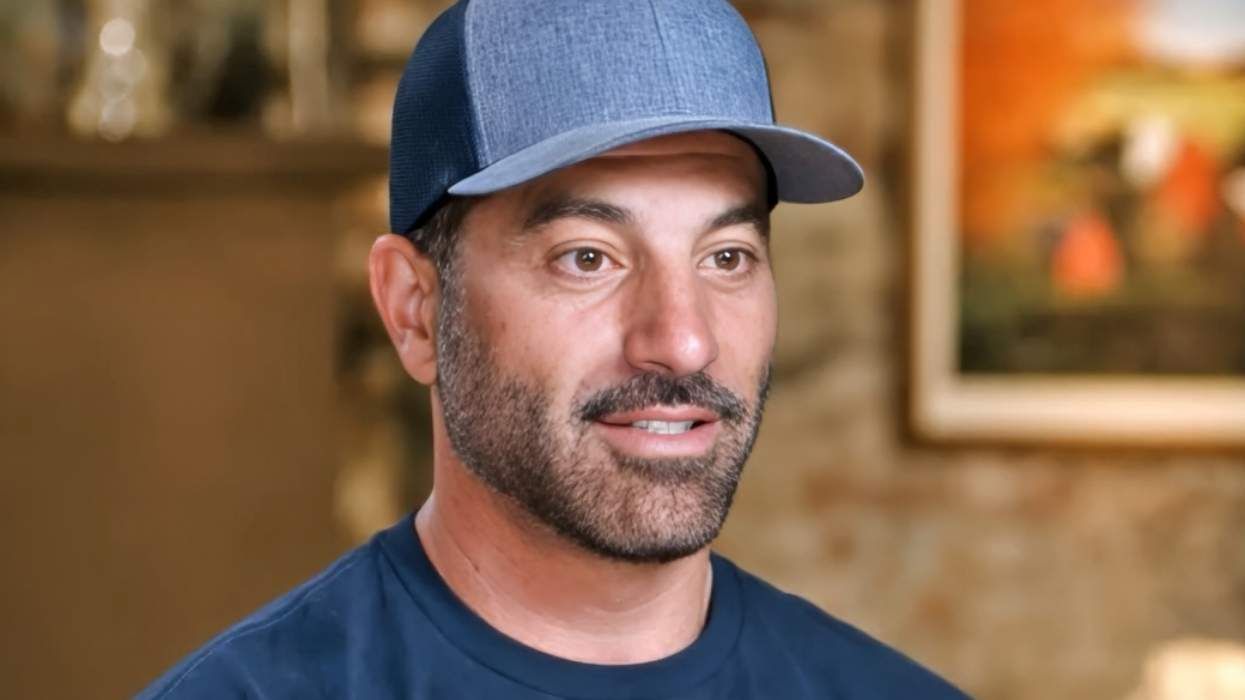

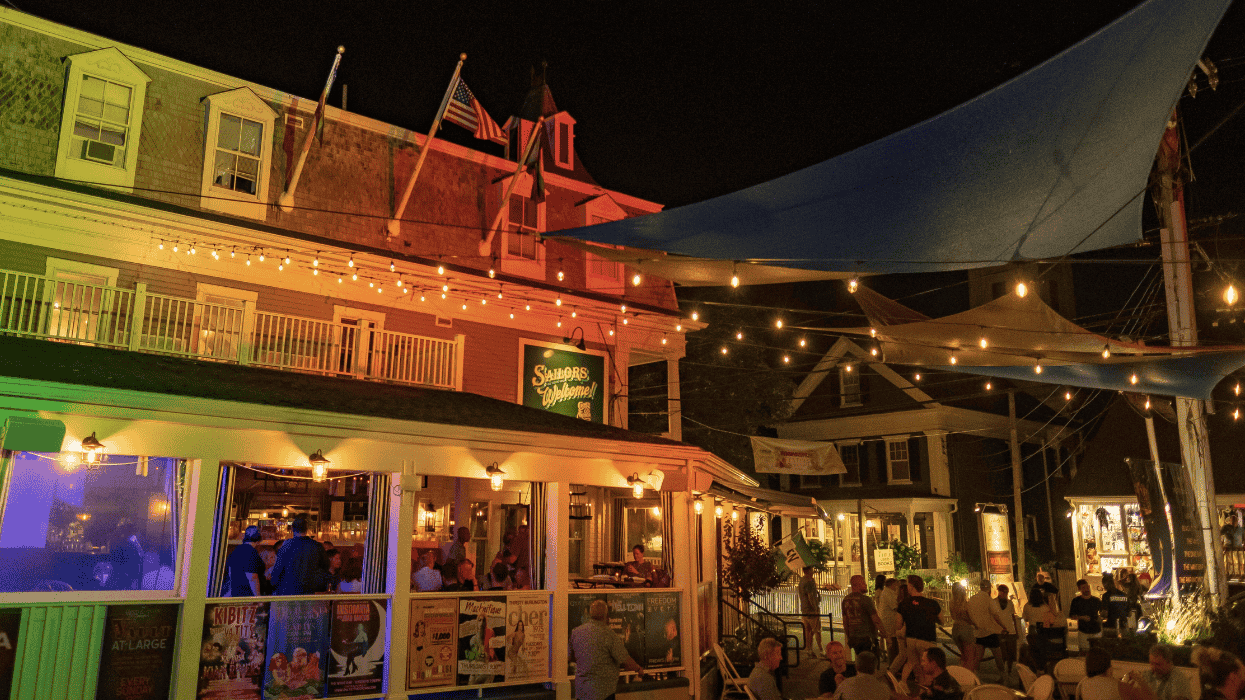
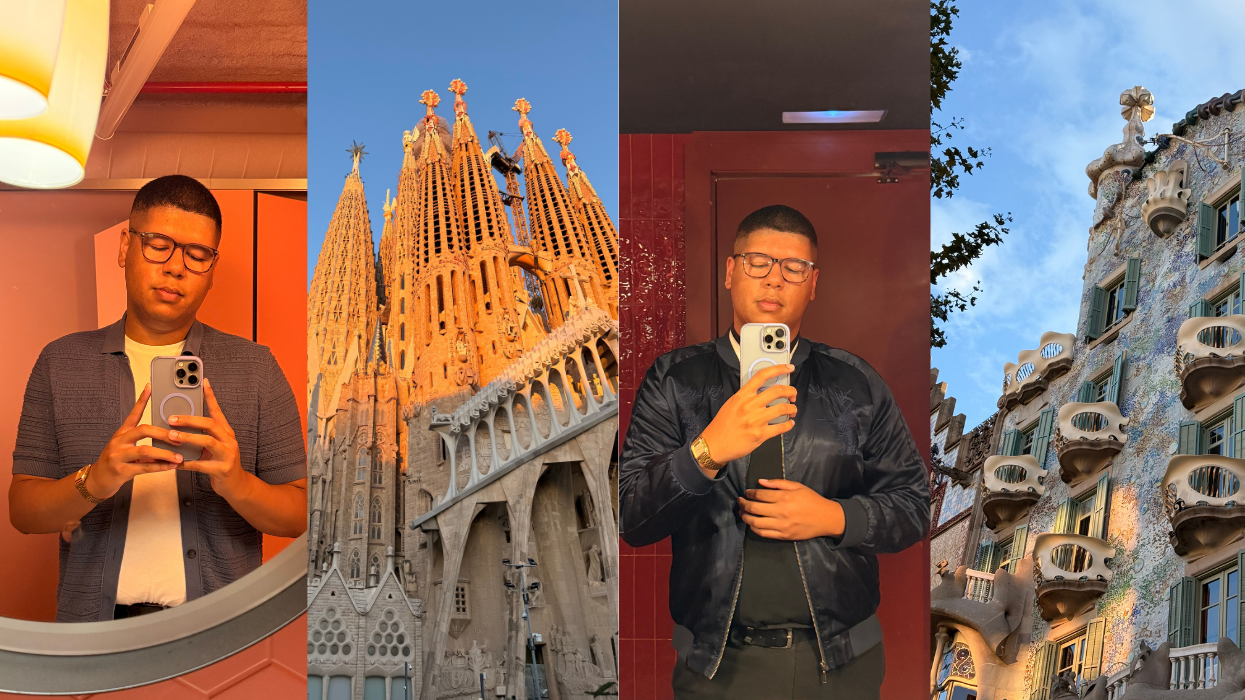
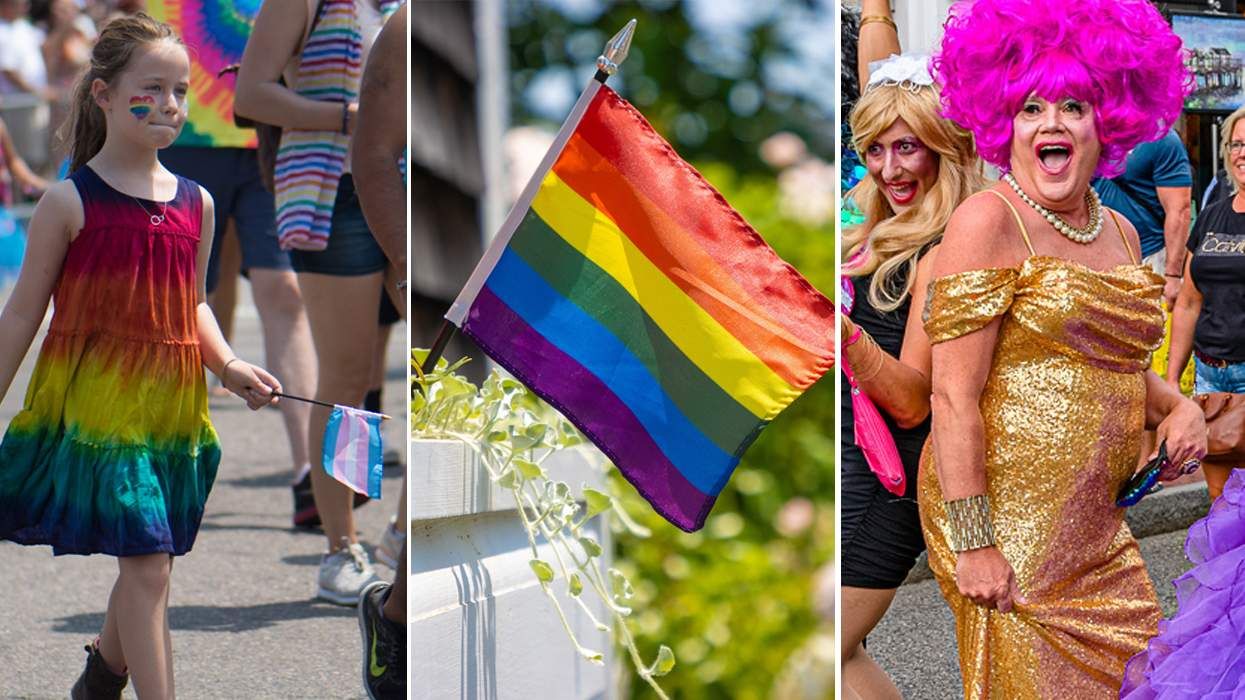

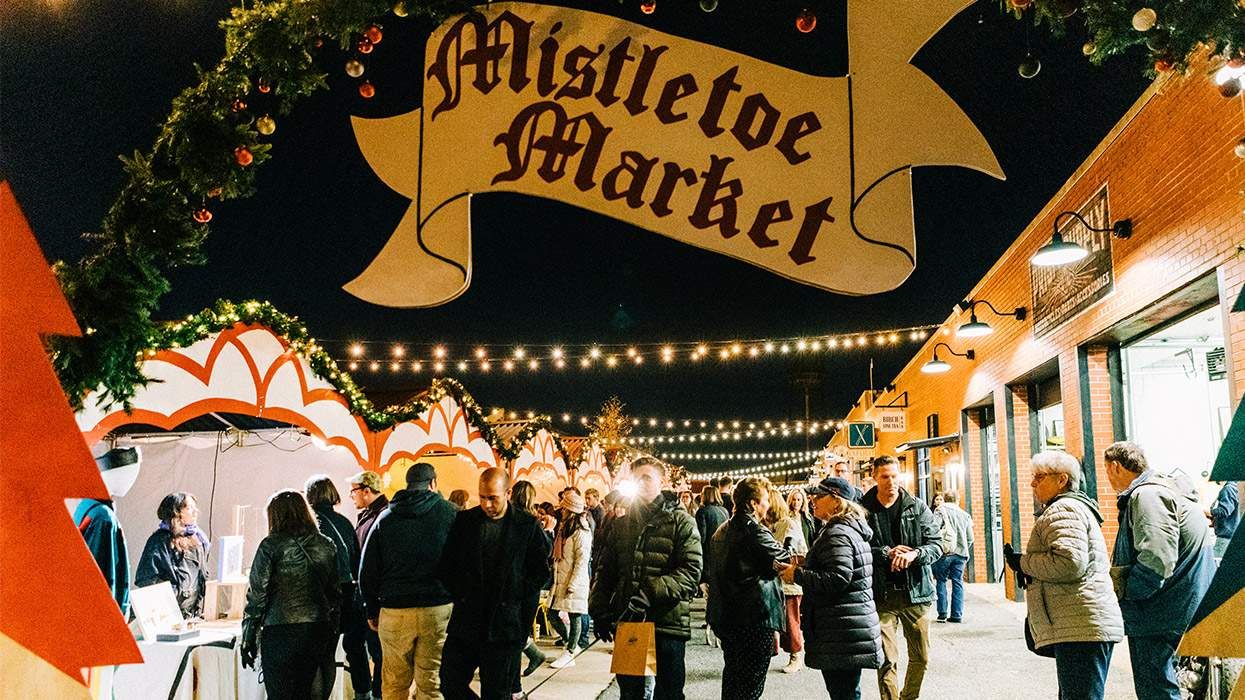
I watched the Kid Rock Turning Point USA halftime show so you don't have to
Opinion: "I have no problem with lip syncing, but you'd think the side that hates drag queens so much would have a little more shame about it," writes Ryan Adamczeski.